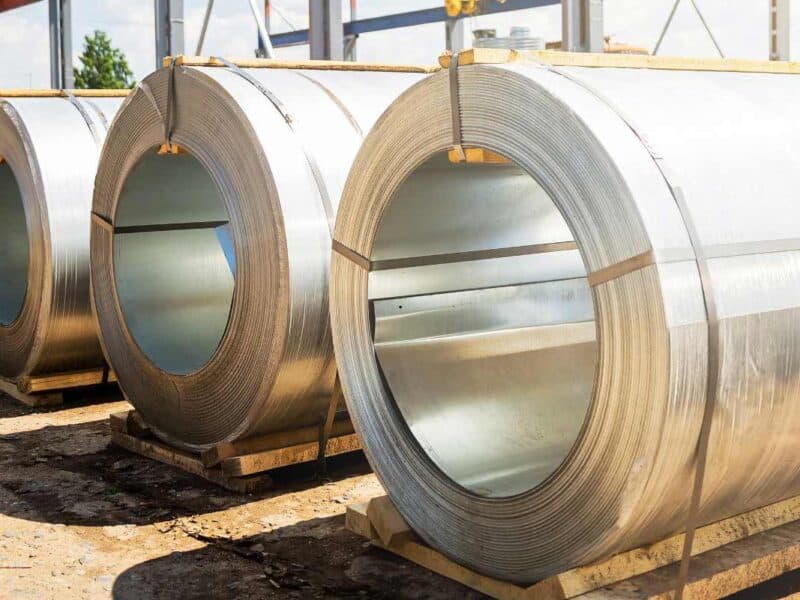The oil-dependent Gulf Cooperation Council countries have focused on reforms and creating new drivers of growth in the wake of the pandemic, which has aided in a fast recovery, Monica Malik, the chief economist at Abu Dhabi Commercial Bank said during a recent panel discussion.
“We’ve seen reforms to increase FDI [foreign direct investment], efforts to increase the role of expatriates in the UAE, efforts to bring in private investment, reforms to public-private partnership [laws], and other administrative reforms as well,” Malik said during the panel hosted by the International Monetary Fund (IMF).
The pandemic hit GCC economies hard as oil prices bottomed out in early 2020, but already working to diversify their economies away from oil reliance, the Gulf countries quickened their pivot. Oil prices have also steadily recovered, on Sunday US crude prices hit a seven-year high.
Diversification efforts continue though as the world accepts and moves towards a greener future. The world’s biggest oil exporter Saudi Arabia over the weekend said it aims to reach net zero emissions of greenhouse gases by 2060. The UAE has set a net zero carbon target by 2050, which “is huge,” according to Jihad Azour, director of the Middle East and Central Asia Department at the IMF.
To accomplish these goals, “this will require a lot of cooperation”, he said. Countries need to accelerate their transformation plans to increase productivity.
“If we don’t accelerate our regional cooperation in science, technology, in certain fields, we will not be able to compete globally,” Azour (pictured below) said.
-1.jpg?eRRmWQsA)
The region faces a low level of productivity, he said, and countries need to address labour scarring and increase education and invest in building capacity and skills to prepare for the future.
Covid-19 has profoundly impacted the way educators are thinking about technology and how companies are using it. “New technologies and the transition to Industry 4.0 are changing the nature of work, and the skills and competencies required in a digital age,” according to analysis from Strategy&, part of the PwC network.
Youth in the Middle East accounts for over 28 percent of the region’s total population, and the current job market will be unable to absorb the some 108 million young people as they enter the workforce. In the UAE, nearly half the population is between the ages of 15 and 35.
“Education systems therefore need to keep pace with these new technologies so that the workforce has the skills the economy requires,” Strategy& found.









